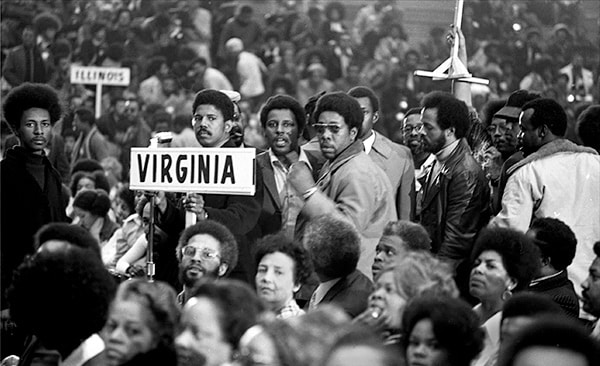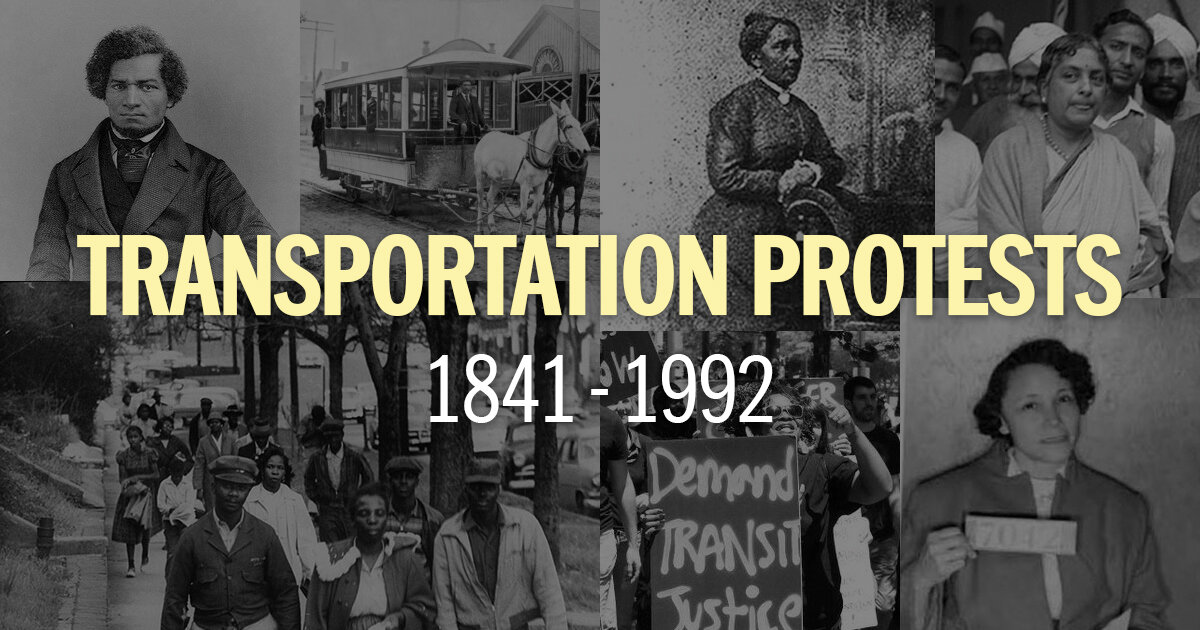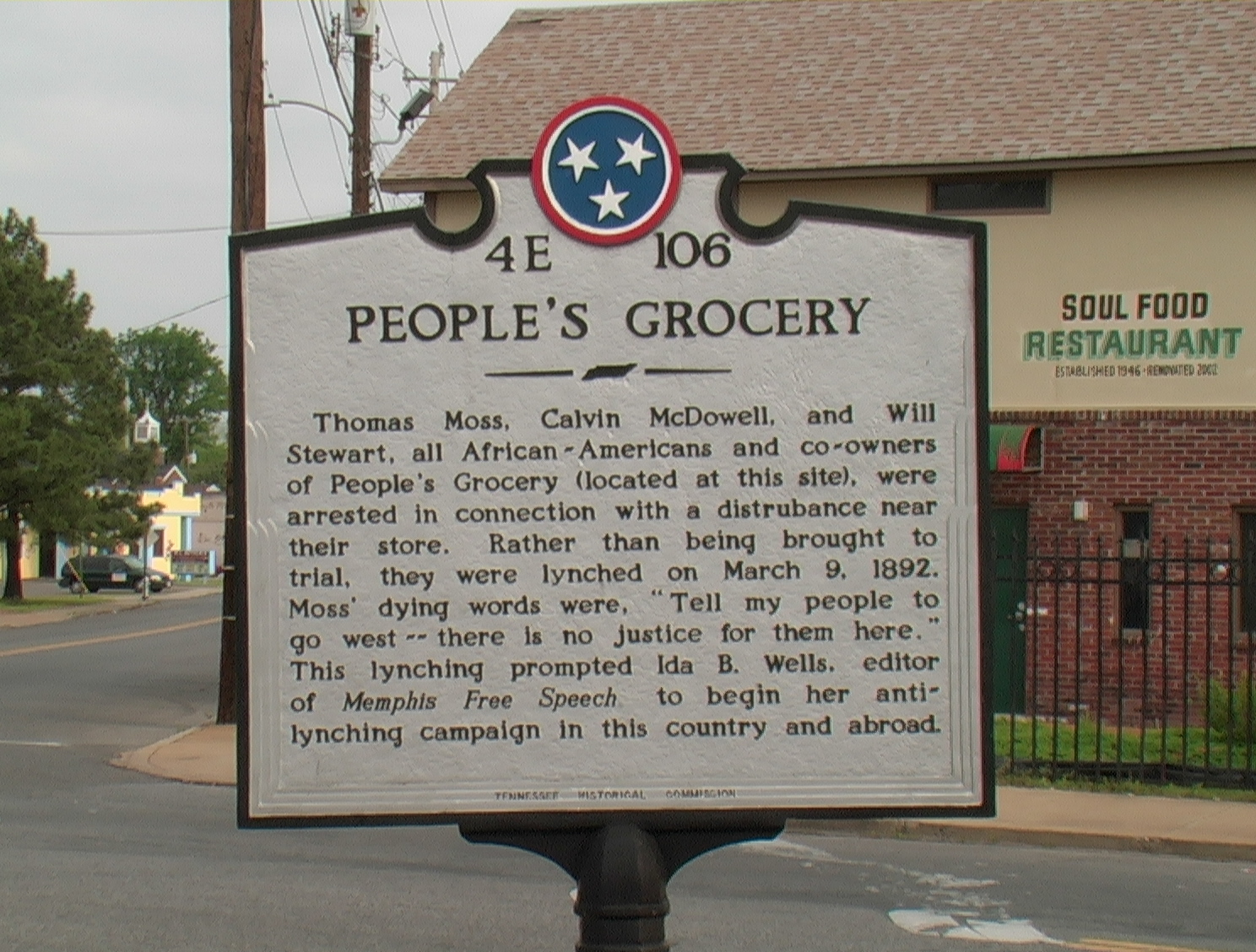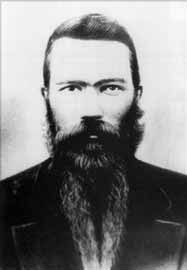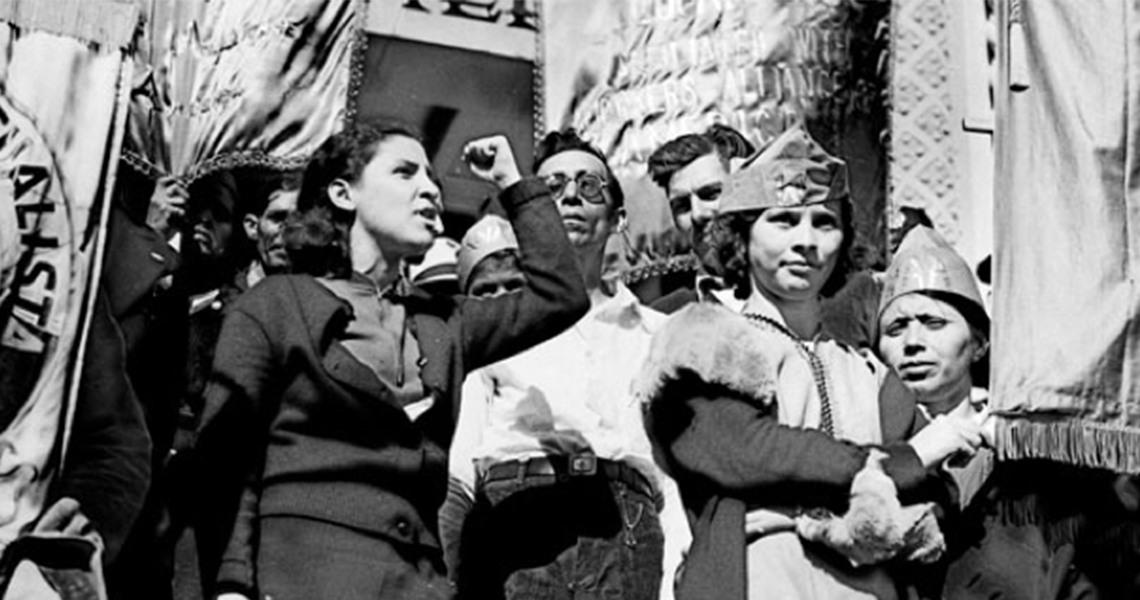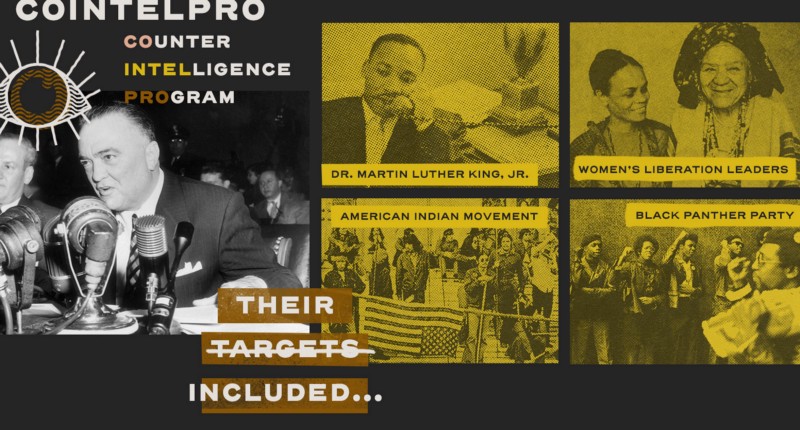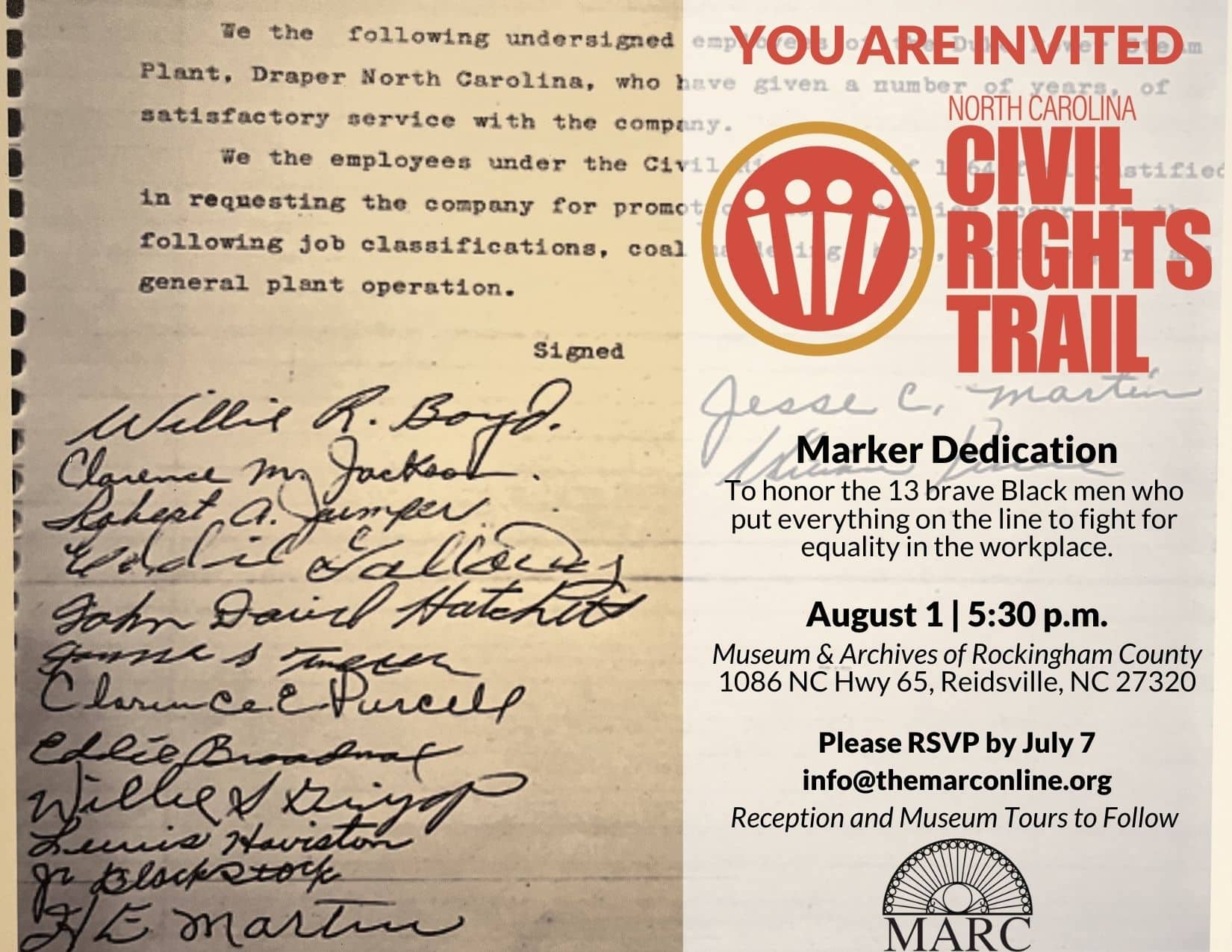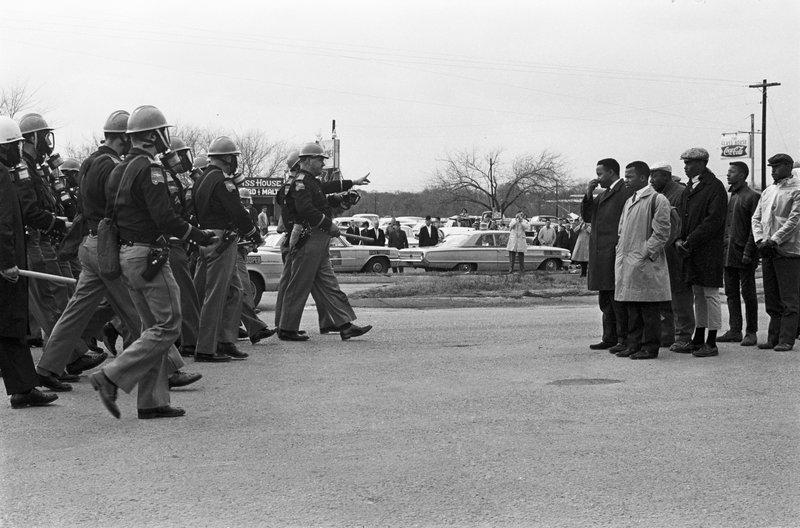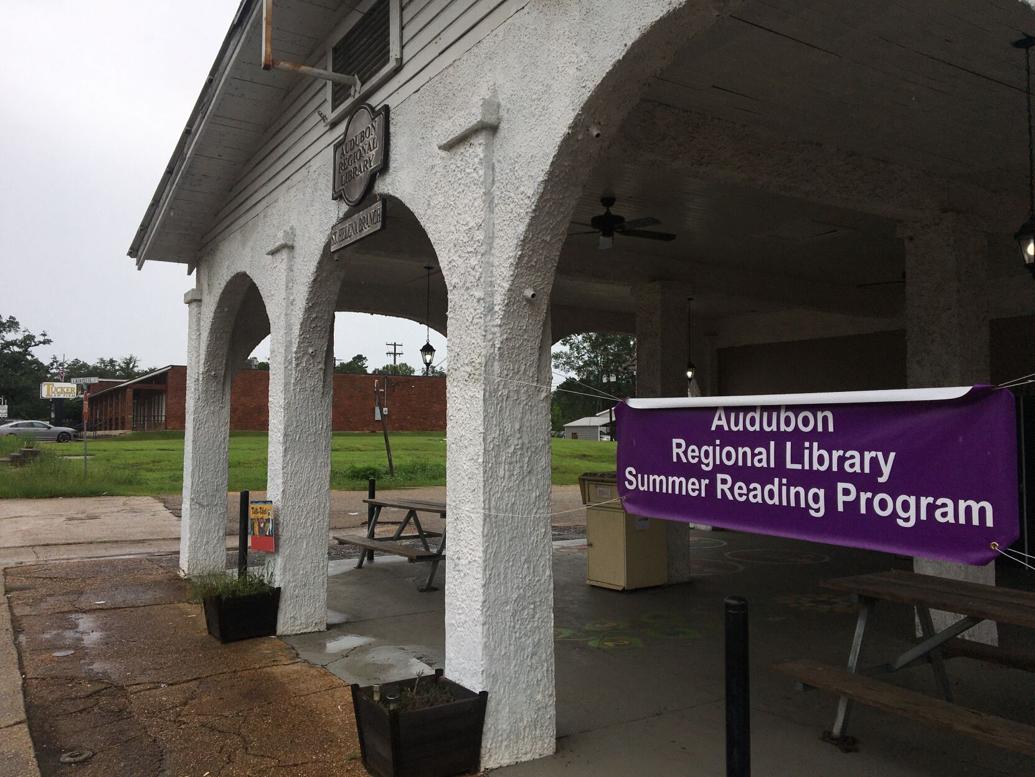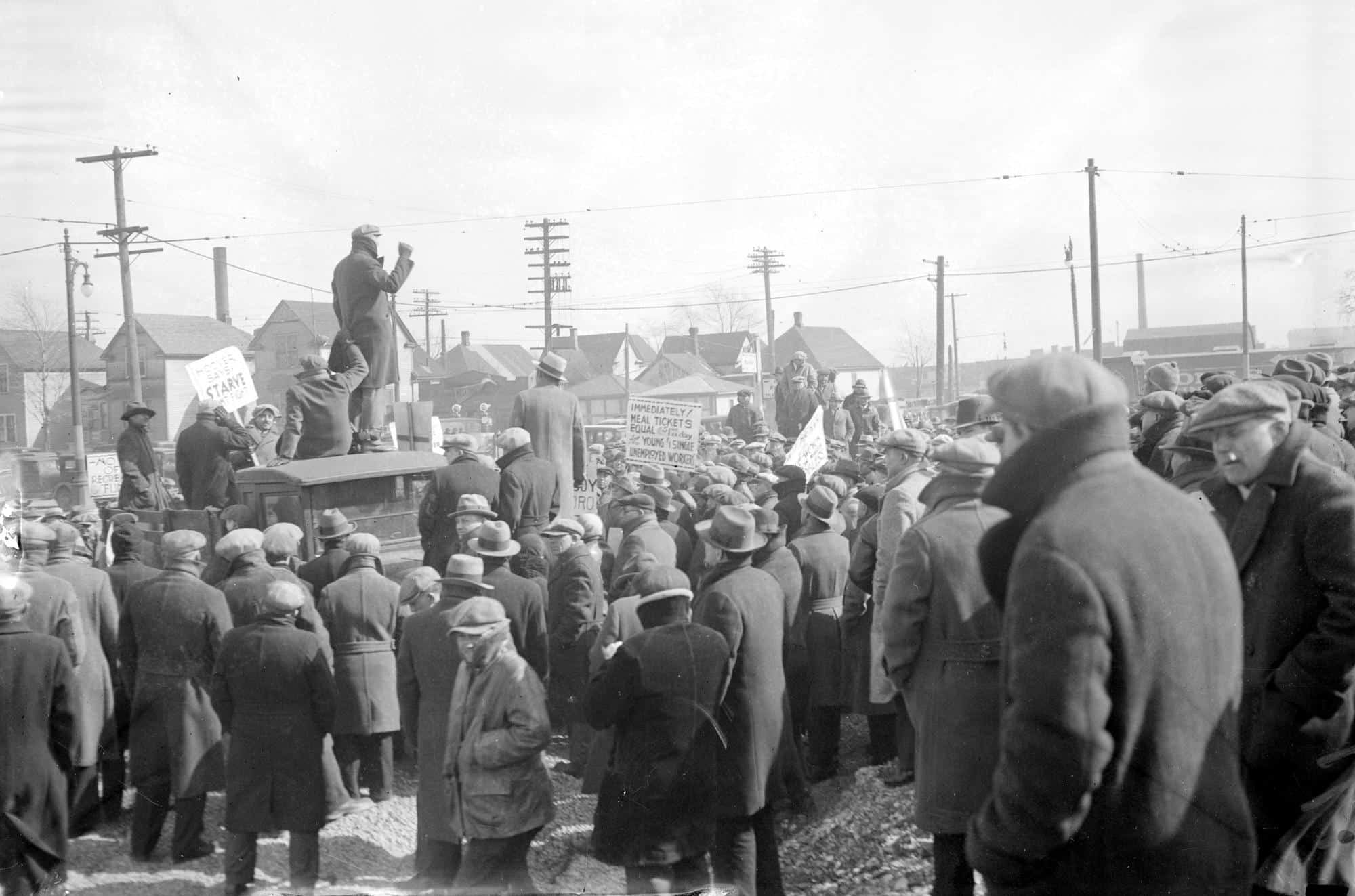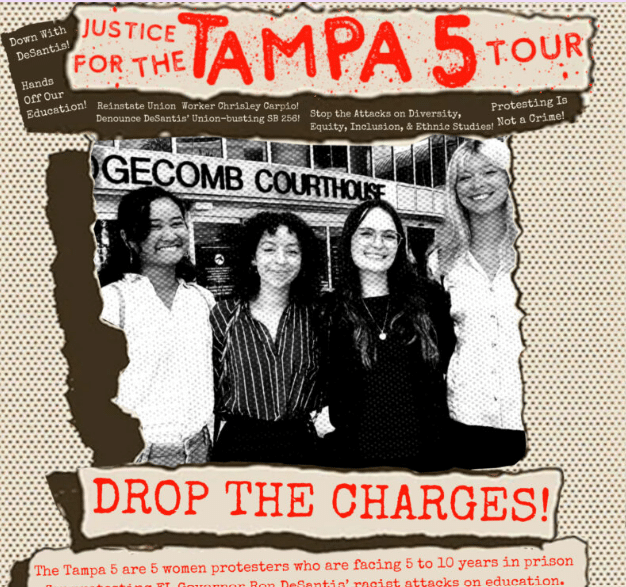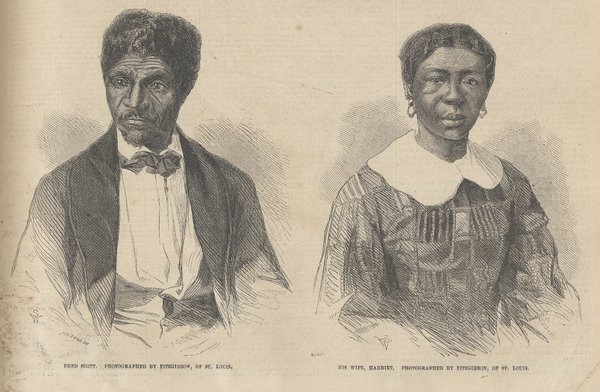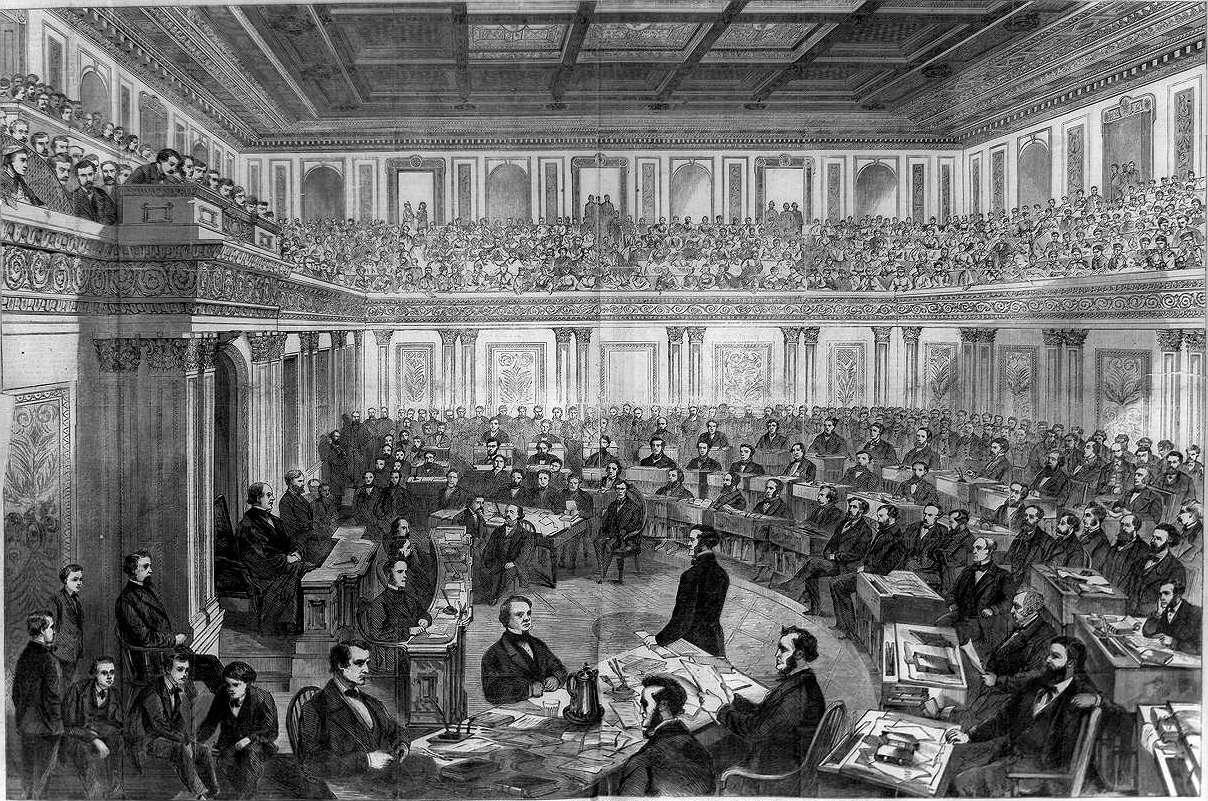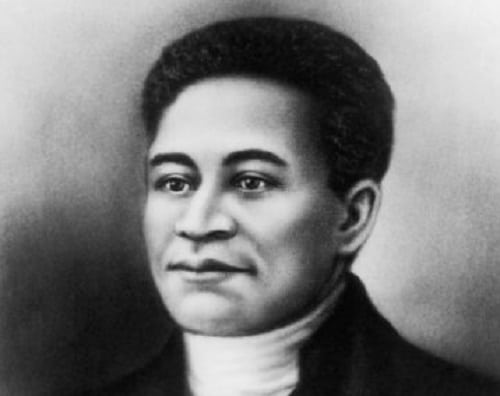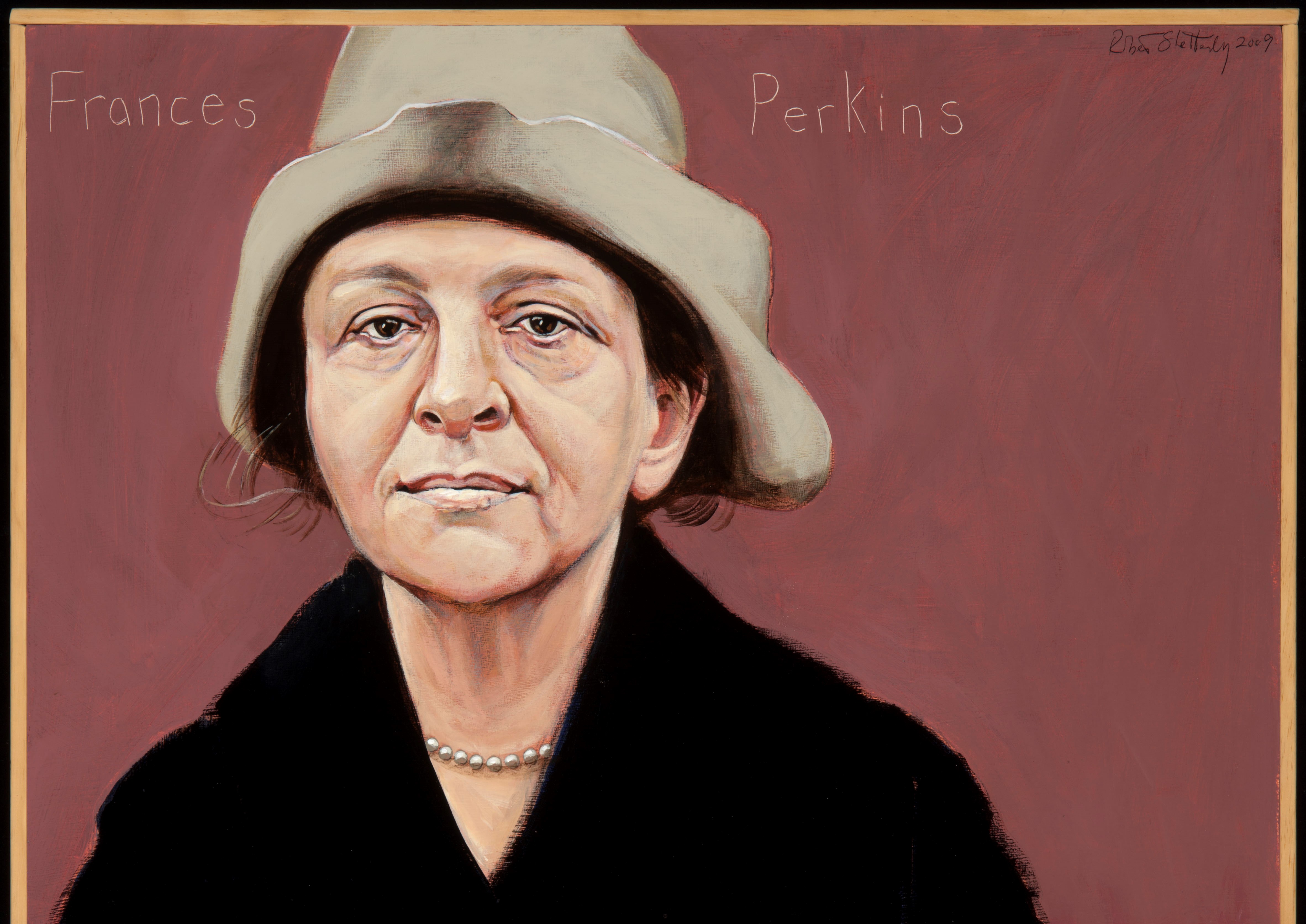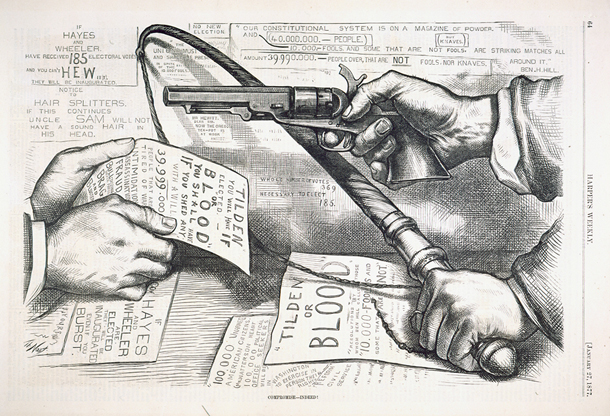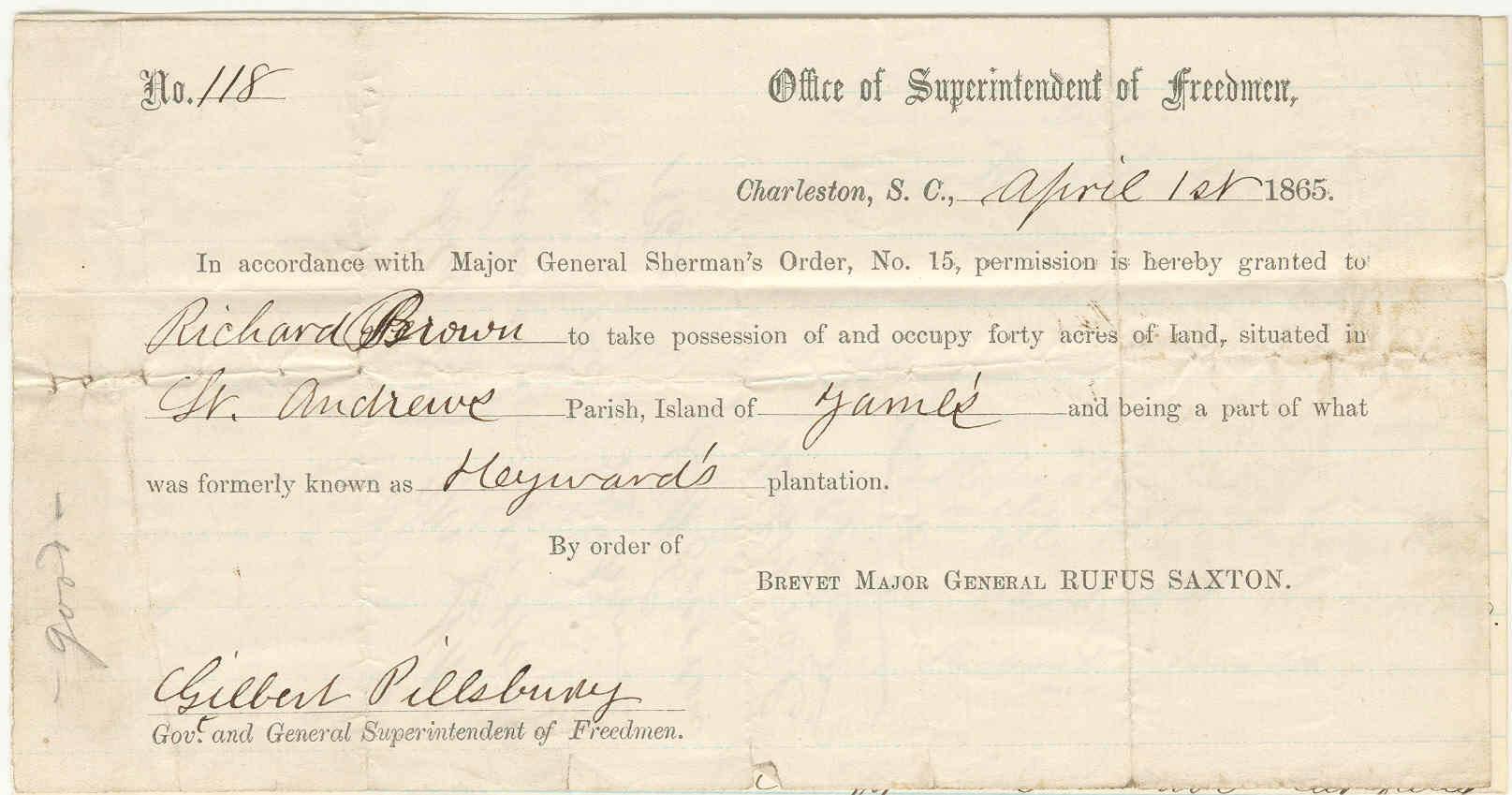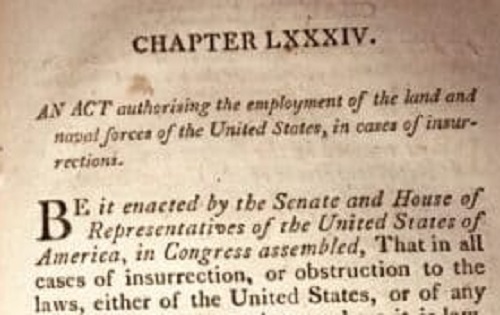Thousands of Black leaders gathered to create a cohesive political strategy at the National Black Political Convention in Gary, Indiana.
Continue reading
African Americans in Little Rock organized a boycott and “we walk” league to protest the Streetcar Segregation Act.
Continue reading
A white mob seized three African American business men in Memphis, Tennessee and lynched them without trial.
Continue reading
The Lowry Band helped guide General Sherman on his march to end the Civil War.
Continue reading
In 1975, the United Nations began celebrating International Women’s Day on March 8.
Continue reading
A cab driver, a day care provider, and two professors broke into an FBI office in Media, Pennsylvania, and stole more than 1,000 classified documents.
Continue reading
In 1966, 14 Black employees filed a complaint with the EEOC claiming that they were discriminated against in hiring and promotion at a power plant in North Carolina. Five years later, the Supreme Court delivered its landmark unanimous ruling prohibiting discriminatory practices by employers.
Continue reading
A purported conspiracy of the enslaved in New York City led to multiple fires and arsons followed by mass jailings, trials, and eventual executions of many involved.
Continue reading
To protest the police murder of Jimmie Lee Jackson and for voting rights, more than 600 people began a peaceful march from Selma to Montgomery.
Continue reading
Four Black teenagers tried to enter the whites-only St. Helena branch of the Audubon Regional Library in Greensburg, Louisiana. Instead, the library closed. Undeterred, the St. Helena Four continued to try to desegregate the local library and other segregated facilities.
Continue reading
Four students and a staffer at the University of South Florida faced felony charges following a rally protesting Florida governor DeSantis’ continued restrictions on and defunding of education in the state.
Continue reading
The Supreme Court declared in horrific Dred Scott v. Sandford ruling that “Any person descended from Africans, whether slave or free, is not a citizen of U.S.”
Continue reading
The impeachment trial of President Andrew Johnson began in the Senate.
Continue reading
Crispus Attucks was the first person shot to death by the British during the Boston Massacre.
Continue reading
Frances Perkins became Secretary of Labor, and the first woman appointed to the U.S. Cabinet.
Continue reading
Rutherford Hayes became the 19th President of the United States with a devastating impact on Reconstruction.
Continue reading
This Reconstructon era anti-obscenity law made it a federal crime to disseminate birth control across state lines or through the mail.
Continue reading
The Bureau of Refugees, Freedmen, and Abandoned Lands was established within the War Department to undertake the relief effort and social reconstruction after the Civil War.
Continue reading
President Thomas Jefferson put his signature on the law known as the Insurrection Act.
Continue reading


